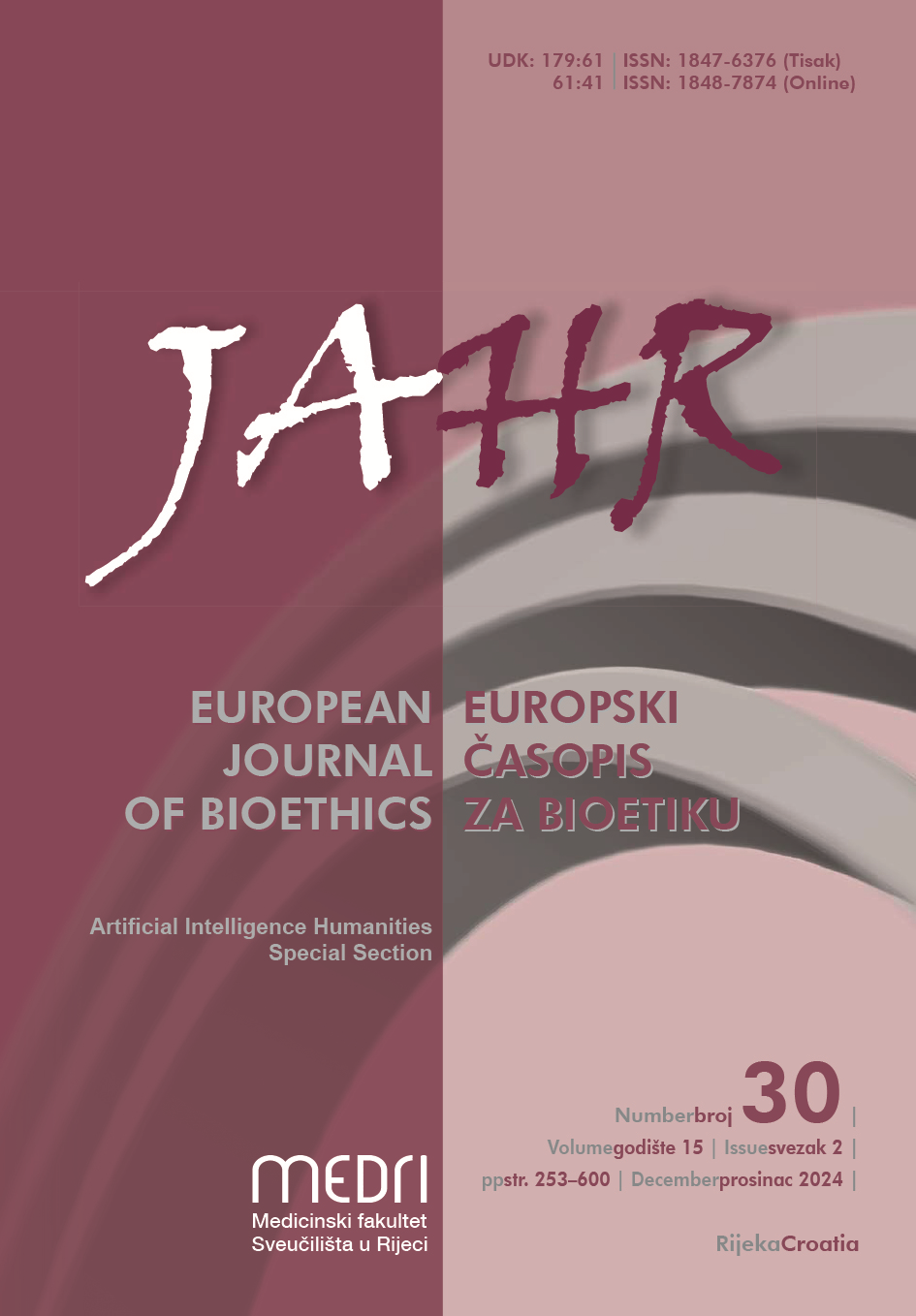Scaling Up: Analyzing Classification Outcomes in Large Korean Legal Document Datasets
Keywords:
Legal Case Classification, Legal Analysis, Transformer Model, Legal Text ProcessingAbstract
https://doi.org/10.21860/j.15.2.12
This paper proposes an integrated approach that combines artificial intelligence models for automatic classification and prediction of Korean legal judgments. Given the complexity of the Korean legal system and the diversity of its legal issues, this study utilizes a transformer-based model, specifically, KLUE/BERT and KLUE/RoBERTa, to classify and predict legal judgment documents. By leveraging these models, this study addresses the challenges posed by the intricate legal language and diverse topics within Korean legal documents, significantly improving the efficiency and accuracy of classification tasks. The proposed approach enhances the automation and reliability of legal document predictions, demonstrating exceptional performance in managing the complexities of legal language. Specifically, the models facilitate a deeper understanding of the context of Korean legal judgments, thereby increasing the reliability of the prediction results. Moreover, this study introduces a novel integrated framework that significantly enhances the performance of automated legal document processing and prediction systems. This framework supports legal consultations, document management, and automated judgment systems, representing a significant advancement in the application of artificial intelligence in the legal domain.
Downloads
Published
Issue
Section
License
Authors who publish with this journal agree to the following terms:
- Authors retain copyright and grant the journal right of first publication with the work simultaneously licensed under a Creative Commons Attribution License that allows others to share the work with an acknowledgement of the work's authorship and initial publication in this journal.
- Authors are able to enter into separate, additional contractual arrangements for the non-exclusive distribution of the journal's published version of the work (e.g., post it to an institutional repository or publish it in a book), with an acknowledgement of its initial publication in this journal.
- Authors are permitted and encouraged to post their work online (e.g., in institutional repositories or on their website) prior to and during the submission process, as it can lead to productive exchanges, as well as earlier and greater citation of published work (See The Effect of Open Access).



